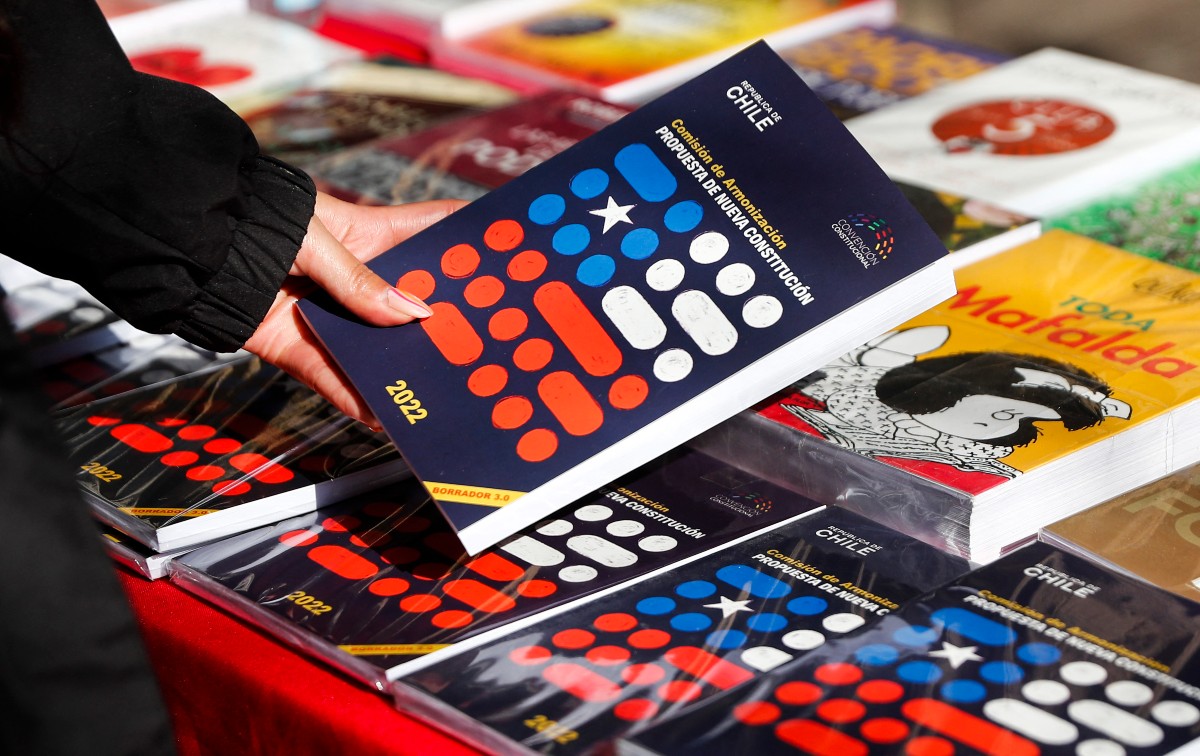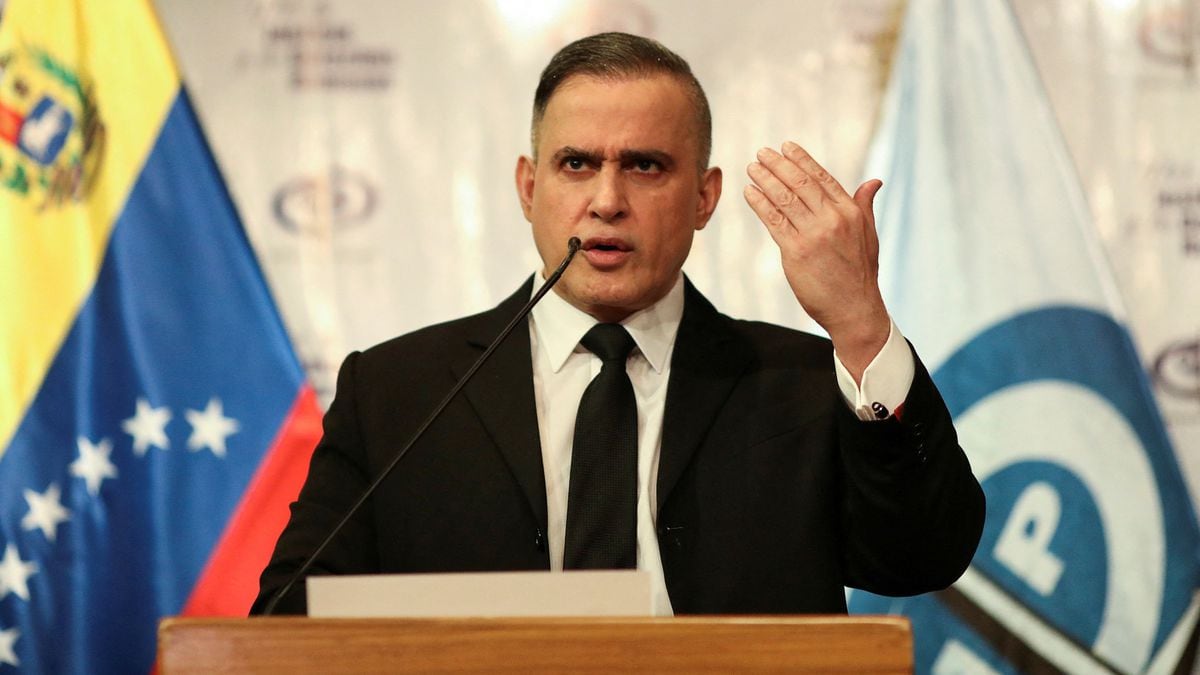What will Chileans decide at the polls on September 4?
0:53
(CNN Spanish) --
The day is near.
Almost three years after the "social outbreak" in the streets of Chile, which led to a referendum to change the constitution, the Constitutional Convention in July produced the draft of a new Constitution and Chileans will have to decide now and in a National Plebiscite whether They approve the new text.
Much has happened in this time, from the massive protests of 2019 to the Agreement for Social Peace —which included the call for a plebiscite to reform the Constitution— and finally a change of government after the victory of Gabriel Boric in the presidential elections.
In this context, Chile is approaching historic elections that could mean —if the "Approval" wins— a profound impact on the country's future.
The polls, however, point to a rejection of the text.
This is the draft of the new Constitution of Chile: what are the differences with the current one?
The new Constitution that is put to the vote registers numerous changes, updates and also continuities with the previous text, which try to account for the social tensions in Chile that led to the protests known as "social outbreak", and decades of debate over the influence of the dictatorship of General Augusto Pinochet, who ruled the country between 1973 and 1990.
Can Chile finance Boric's social programs?
3:32
In its first article, it establishes that "Chile is a social and democratic state of law. It is multinational, intercultural, regional and ecological."
You can read more here about the 10 pillars of the project.
What is voted this Sunday, September 4 in Chile?
According to the Chilean Electoral Service (Servel), this Constitutional Plebiscite is the last stage of the process that began in 2020, when another National Plebiscite took place to decide whether or not it would conform — the "Yes" triumphed with 78% support. — a Constitutional Convention to change the current Political Constitution of Chile, approved in 1980 at the time of the Pinochet dictatorship.
advertising
Everything you need to know about the Constitutional Convention in Chile
Specifically, Chileans are called on Sunday September 4 to vote
whether to approve or reject the draft of the new Constitution
prepared by the Constitutional Convention, which could become the new official Constitution of Chile.
Is it compulsory to vote?
Unlike the presidential and legislative elections in Chile, in which voting is optional, participation in this referendum —also known as "exit" because it is at the end of the process— is mandatory for all those with electoral domicile in the country and there will be fines for those who do not show up to vote.
The Definitive Electoral Register can be consulted here.
According to Servel, there are 15,173,857 eligible voters, out of a total population of close to 20 million.
What does the new Constitution of Chile consist of?
3:25
What are voters asked?
The plebicist presents the following question written on the ballot:
"Do you approve the text of the New Constitution proposed by the Constitutional Convention?"
.
The possible answers are "I approve" or "I reject", which appear on the same card, below the question, so that the voter can make their choice.
What are the next steps?
On Thursday, September 1, at midnight, the stage of electoral propaganda will end, according to Servel, and from the first hour of September 2, demonstrations or public meetings of an electoral nature will be prohibited.
On Sunday, September 4, the National Plebiscite will take place, invoking Article 142 of the current Constitution and Decree 2078 of 2022. Voting hours in Chile will be from 8:00 am to 6:00 pm (local time and ET).
The partial and final results will be published that same September 4 on the Servel site, as they become available after the polls close.
Before October 7, the Chilean president and congress must be informed of the final and official result of the National Plebiscite.
They deliver the final text of the new Constitution of Chile to Boric 3:27
What happens if you win the "Approval"?
The text produced by the Constitutional Convention will become the new Constitution of Chile, repealing the current one.
In the future it may be subject to reforms.
What happens if you win the "Rejection"?
In this case, if the project produced by the Constitutional Convention is rejected in the plebiscite, the current text will remain in force.
What do the polls say?
According to a survey by the consulting firm Cadem, 46% of the electorate is in favor of "Rejection", while 38% is in favor of "I Approve", with 16% undecided.
If this trend continues, Cadem estimates that 55% would reject the constitutional text and 45% would approve it on September 4.
The consultation was carried out between August 10 and 12 with a sample of 1,015 cases.
The margin of error is +/- 3%, with 95% confidence.
On the other hand, a survey by the consultancy Activa showed that 44.4% supported "Rejection" and 33.9% "Approve", with 15.9% undecided, 3.1% voting blank and 2.7% of people who did not intend to vote.
Activa's projections point to a result in which 56.7% of the electorate would vote "Reject" and 43.3% "Approve".
Activa also projects that between 60.9% and 67.3% of the electorate will go to vote on September 4, which represents between 9,181,663 and 10,146,567 voters, of the little more than 15 million qualified.
In this case, the survey was also conducted between August 10 and 12 with 1,514 interviews online, and has a margin of error of +/- 2.5% and 95% confidence.
Constituent AssemblyPlebiscite















